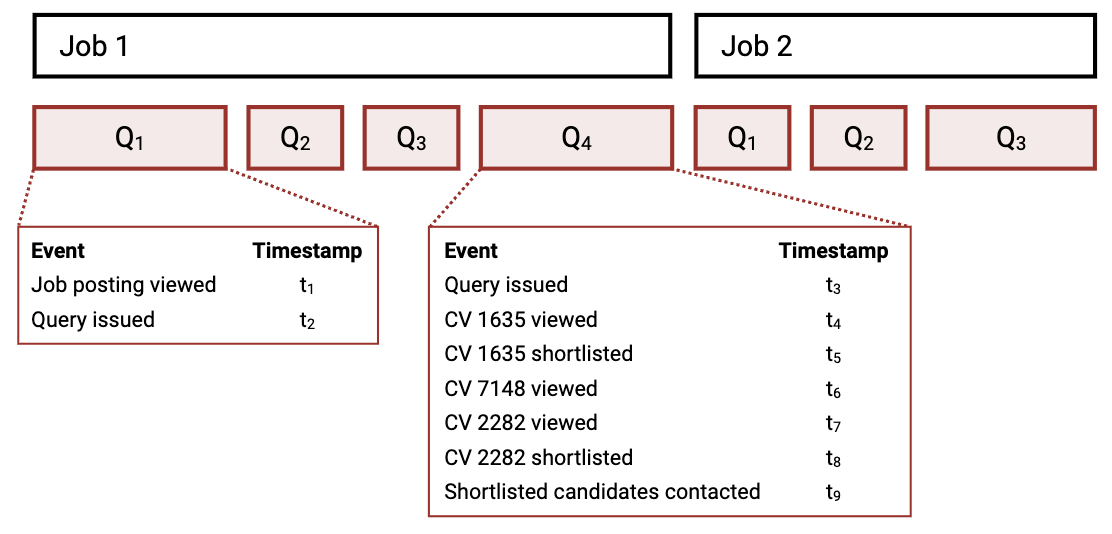We have two new publications out at CHIIR 2025 in Melbourne (Proceedings of the 2025 ACM SIGIR Conference on Human Information Interaction and Retrieval):
- Exploring the Zero-Shot Known-Item Retrieval Capabilities of LLMs for Casual Leisure Information Needs, by T. Bogers, M. Gäde, M. Hall, M. Koolen, V. Petras, M. Skov, published in CHIIR 2025
We compared four LLMs on their capability to answer a specific type of complex search task: known-item requests from casual leisure domains. We constructed a test collection by gathering known-item requests for books, games and movies from online forums along with verified answers by the original requester. We prompted four LLMs multiple times with the same prompt and analyzed the results with respect to accuracy and the degree to which answers were fabricated by the LLM. Our results show that LLMs are not particularly effective in fulfilling these complex casual leisure needs, but there are are big differences between LLMs and across domains. - From Queries to Candidates: Exploring Search and Source Interaction Behavior of Recruiters, by T. Bogers, M. Kaya, M. Gäde, published in CHIIR 2025

Recruitment is a professional search domain that has been largely overlooked in IR research, even though better support of recruiters could have a big impact on job seekers, companies and society as a whole. In this paper, we analyze the search formulation and source selection behavior of the recruiters at one of Scandinavia’s largest job portals and recruitment agencies using search logs for close to 18,000 recruitment search tasks. We provide an analysis of the search sessions of recruiters in terms search tactics, query operators, query length, term re-use and filter usage, and break down their behavior both by task type and task complexity. We also relate their short-term tactics to different learning stages in the search process and investigate their influence on search success. We find that identifying and assessing relevant candidates for a job posting is a complex task: recruiters usually submit multiple queries during sessions that can last for hours and that increase in complexity. Recruiters all spend more time per query as their session progresses. We also observed query reformulation strategies that indicate distinct patterns of knowledge gaining during sessions. Relating these tactics to positive responses from candidates we aim at predicting successful strategies.
